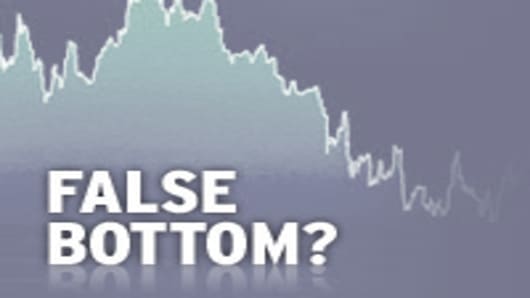The stock market may hit new lows this year or the next as the current rally has been largely caused by the money printed by central banks and fundamental problems remain unsolved, legendary investor Jim Rogers told CNBC Wednesday.
His views echo those of renowned bear Marc Faber, who told CNBC last week that the rises in share prices did not mean the world was embarking on a path of sustainable economic growth.
"I'm not buying shares if that's what you mean. Not at all," Rogers told "Squawk Box Asia."
"The bottom will probably come later this year, next year, who knows when," he added.
Governments have not solved the essential problems that caused the crisis but instead they "flooded the world with money," according to Rogers. Trying to solve the problem of too much consumption and too much debt with more consumption "defies belief" and will not work, he said.


